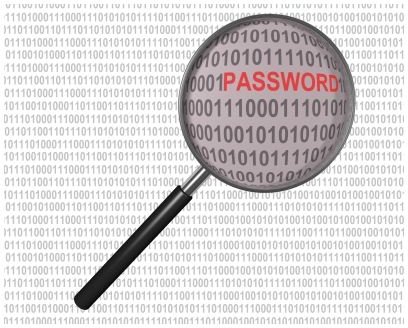Can Identity Theft Affect Your Tax Return?
Duplicate Tax Returns or Fake Earnings Statements
For those who have suffered the indignity of identity theft, there are hundreds of things that need to be resolved as quickly as possible. Unfortunately, one of the last things that most people think about is the impact of identity theft on tax returns. This is largely because most people file tax returns on an annual basis (unless they are self-employed) and at other times of the year, most people do not think about these documents.
Some people are not even aware that they are victims of identity theft until tax season. Suddenly they receive a 1099 or a W2 form from a company of whom they have no previous knowledge. Worse, they get a telephone call or a letter in the mail from the Internal Revenue Service telling them there are two tax returns filed for a single year. Unless a taxpayer is very careless, the chances of filing a tax return more than once is nearly zero.
These notifications can be very intimidating and often create confusion for taxpayers. However, they must be dealt with immediately. Identity theft victims may lose out on their federal tax refunds or state tax refunds because their Social Security numbers have been used to file a fraudulent tax return. This also means that in addition to having your tax records compromised, your social security number has been used to either obtain a job or claim your income tax refund. There are steps that consumers must take to correct these issues immediately.
Protecting Tax Returns From Identity Thieves

There are some steps that consumers can take on a regular basis to help protect themselves from identity theft. While none of them guarantees success, they can help protect private information.
Protection online
Consumers who shop online or visit a number of websites should use caution when providing personal data. Checking URL addresses for the “https” designation will provide specific security measures. This designation means that data is sent via secure server. Other systems will show a lock on the bottom right hand side of browser windows.
When reading emails, be aware of any suspicious emails that could be phishing attacks. These emails typically request financial information. If you receive an email from the IRS, your bank or an online shopping site, avoid clicking on the link in the emails to ensure the sites are safe. Remember that most companies (including the IRS) will not email you for financial information; they will use the telephone or mail.
Protection offline
When disposing of documents that contain personal information including Social Security numbers, account numbers or date of birth, these documents should be destroyed before being placed in waste receptacles. This can help thwart the efforts of those who are searching for private information.
Consumers or taxpayers who receive telephone calls from the Internal Revenue Service, credit card companies or banks should request a telephone number to return the call (unless it is a call they are expecting). Identity thieves may call and ask for passwords, dates of birth and other personal information by phone.
For those who have been victimized
Victims of identity theft should contact the Internal Revenue Service in the event that someone does try to file a bogus tax return. State taxing authorities should also be notified of a potential problem The IRS and State Departments of Revenue can help make sure that your tax return is not impacted by identity theft.
Contact Information
Those who believe their tax records are in jeopardy due to identity theft may contact the IRS Identity Protection Specialized Unit at 1-800-908-4490. For State Department of Revenue listings visit Govspot.
Resources
Sources
- Onguard online -Identity Theft - https://www.onguardonline.gov/topics/tax-related-ID-theft.aspx
- IRS - Identity theft and your tax records - https://www.irs.gov/privacy/article/0,,id=186436,00.html
- IRS - Identity Theft and Victim Assistance - https://www.irs.gov/pub/irs-pdf/p4535.pdf
Image Credits
- Identity via freedigitalphotos.net/Salvatore Vuono
- Online Protection via freedigitalphotos.net/Danilo Rizzuti
